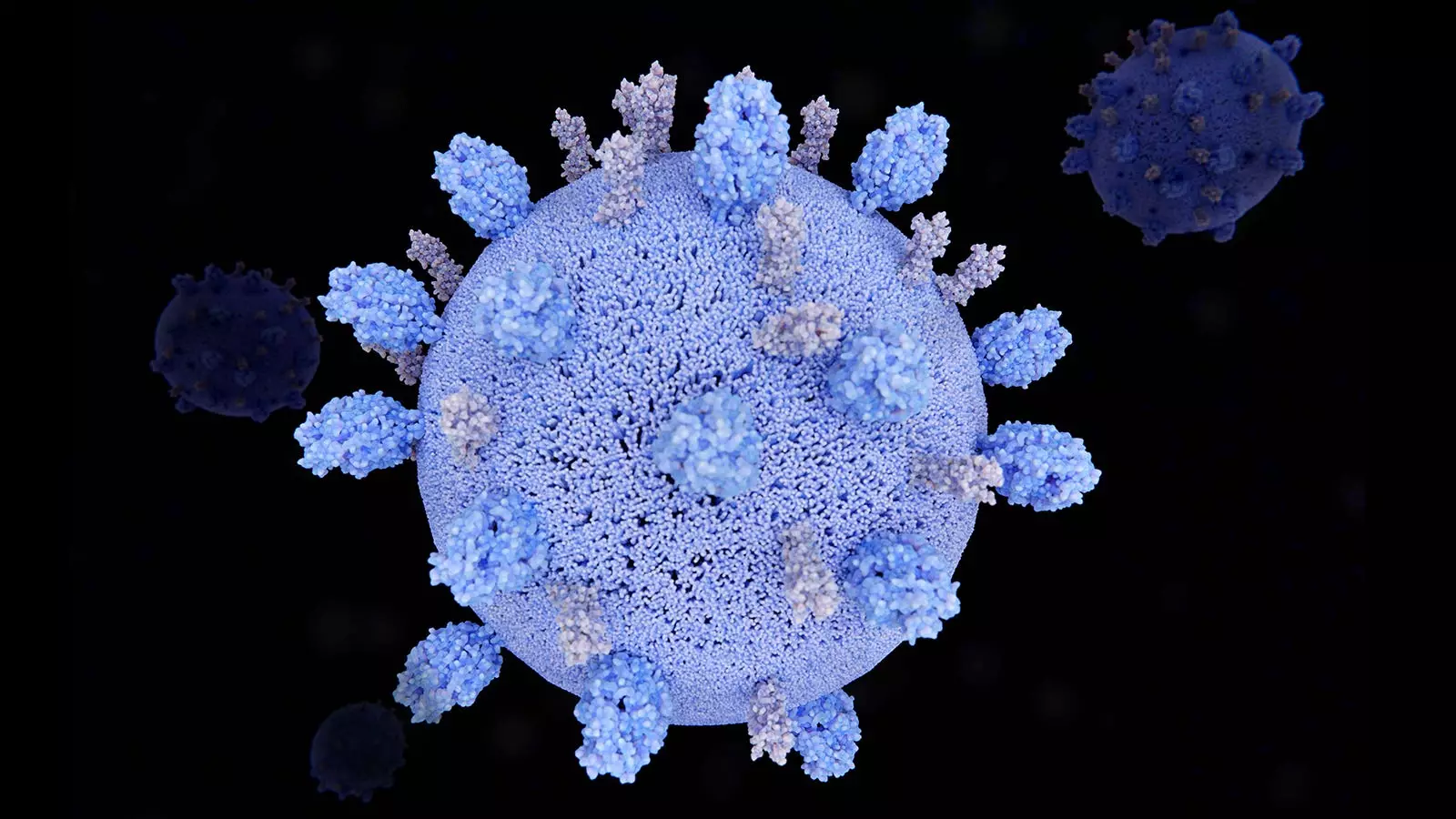The Advisory Committee on Immunization Practices (ACIP) has reaffirmed the benefits of vaccination against the respiratory syncytial virus (RSV) for adults ages 60 and older, despite the small risk of vaccine-related Guillain-Barré syndrome (GBS). It was noted in a presentation by Amadea Britton, MD, of the CDC’s RSV adult vaccination work group that while a small number of GBS cases were observed in clinical trials for FDA-approved RSV prefusion F protein vaccines, it remains unclear whether these cases were directly linked to the vaccination or mere chance occurrences.
The first-ever RSV vaccine, Arexvy, received FDA approval in May 2023 for adults ages 60 and older, followed by the approval of a second RSV vaccine, Abrysvo, for the same population later that month. Analysis of FDA active surveillance data by Michael Melgar, MD, revealed a potential 10 GBS cases per 1 million Arexvy doses administered and a potential 25 GBS cases per million Abrysvo doses among Medicare beneficiaries ages 65 years and older. While the historical GBS background rate suggested five GBS cases per 1 million, caution was advised regarding the reliability of this comparison.
Britton emphasized the importance of considering the potential risk of GBS in the context of the benefits of RSV vaccination. The uncertainty and limitations in early data indicate insufficient evidence to confirm whether RSV vaccination increases the risk of GBS in older adults. It was also noted that the flu vaccine presents a similar risk of GBS cases per million doses but carries a higher risk of GBS from the flu itself.
Melgar and colleagues projected that for every 1 million doses administered in the older adult population over two RSV seasons, there would be an estimated prevention of 23,000-26,000 outpatient visits, 2,200-2,700 hospitalizations, 420-550 ICU admissions, and 120-140 in-hospital deaths. Despite these significant benefits, the uptake of RSV vaccines among adults ages 60 and older remains low, with only about 22% receiving the vaccine as of February of this year.
Britton highlighted that adults ages 60 and older with chronic medical conditions such as chronic lung diseases, heart failure, immune compromise, those of more advanced age, and those residing in long-term care facilities are at greater risk for severe RSV disease and are likely to benefit the most from vaccination. The ACIP’s work group continues to support the recommendation that the benefits of RSV vaccination outweigh potential risks when implemented according to current guidelines.
Overall, the data presented at the ACIP meeting emphasizes the importance of vaccination against RSV for older adults, despite the uncertainties surrounding the potential risk of GBS. It is crucial for healthcare providers to engage in shared decision-making with patients to ensure that individualized risk-benefits discussions are conducted to promote informed vaccination decisions among older adult populations.

Leave a Reply